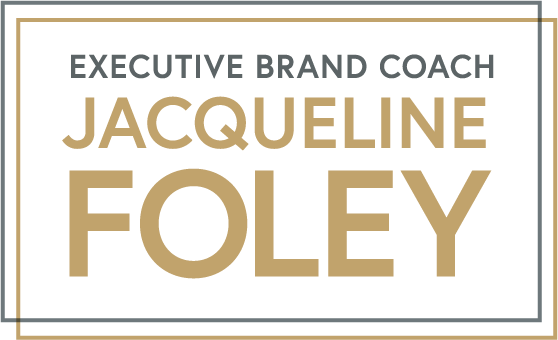It all starts with a breath
How one small act can solve so many of our problems
Just breathe.
This is what I tell myself these days as I close my eyes and focus on the rising and falling of my chest, and the feeling of my breath as I inhale and exhale through my nose. It is the one thing that truly calms me in this calamitous world of constant change and uncertainty — and loss.
A few years ago, I was having a glass of wine with a friend who shared that she had gone to see a grief counsellor. I was surprised. As far as I knew, there had been no recent deaths in her life. But then she went on to explain that after going through a difficult divorce, selling her business and having her kids leave the roost, all the losses had been piling up and making her sad. Her grief was wearing her down.
I think we could all use some help to cope with our grief right about now — grief for the raise that never came, the friend who lost her job, the family vacation we didn’t get to take, the wedding we didn’t get to attend, the graduation celebration our child never got to experience, and the freedoms we no longer have but once took for granted.
We all need to just breathe.
When I was nineteen and a psychology student, I got my first lesson in dealing with grief. I volunteered to answer phones at a crisis hotline centre in Montreal where I was trained in active listening. Up until then, I had been a good talker, not so much a good listener. So, I was very nervous when my first shift came round. I quickly learned that while some callers were deeply depressed, even suicidal (these callers were handed off to trained counsellors), most just wanted to talk about the same day-to-day challenges we all face — from job losses and relationship breakdowns to weight concerns and sleep issues.
It was tempting to just tell them what to do: “why don’t you…get another job, dump the inattentive husband, go on a diet or go to bed earlier?” I was nineteen after all. But my job was not to give advice. It was to listen deeply and feed back what they were expressing at that moment. I was not there to solve their problems (I was told they already knew how to do this) but to make them feel heard.
Today I am struck by how hard it still is to do this — to listen without judgement or the need to fix things. But I have learned that to be an effective active listener, I need to be able to quiet the incessant chatter going on in my head all the time (i.e. this is a dumb idea, why wasn’t I asked to lead that project, what’s something quick I can make for dinner tonight, etc.). The only way to do this is to keep going back to my breath.
When I am focused on my breathing, I can empty my mind and open it up for the person in front of me.
Of course, I am making it sound simpler than it is. Let me assure you that I did not come to this mindfulness thing easily — more like kicking and screaming. I first tried it when I was pregnant and stressed out about having my first child. My husband suggested we attend a series of mediation classes at a local Zen Buddhist temple he frequented. As a type A and long-distance runner, I couldn’t imagine sitting still for more than five minutes, let alone five classes, but my best friend and her husband had agreed to come so I acquiesced.
I remember we started with a 10-minute yoga warm-up. The teacher told us to “breathe in slowly, one-two-three, then out, one-two-three, and REEEELAAAAX…” By about the third time she said “and REEEELAAAAX,” I started to laugh and couldn’t stop. And while I was not kicked out of the class (I think my husband wished I had been), I decided it was probably best for the other participants that I not go back.
There is a Buddhist saying: “When the student is ready, the teacher will appear.” It would take two more decades, including a prolonged period of severe anxiety and the development of a chronic health condition, before I was ready.
Today mediation is a part of my daily routine, just like brushing my teeth and drinking my coffee every morning. And while I am still a good talker, I know it has helped me to become a deeper, more empathetic listener, as well as kinder and more compassionate with myself.
I have come to believe that many of the problems in the world could be solved if we all spent a little more time breathing in and breathing out. And I’m guessing those crisis hotline callers in Montreal would agree.


